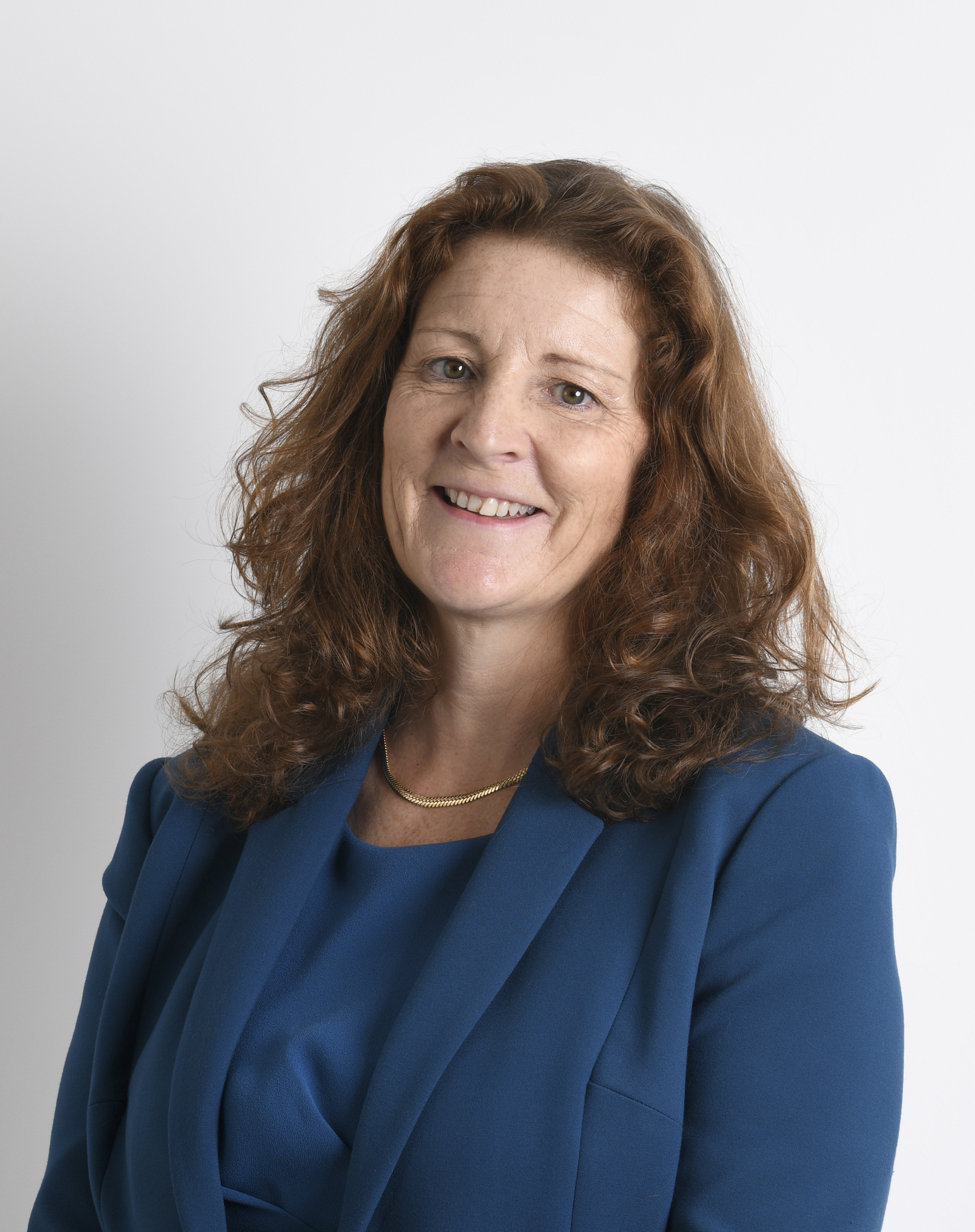
Sharon Omer-Kaye
Head of Private Client at James Cowper Kreston
Sharon Omer-Kaye, a taxation specialist with 30+ years of experience, started her career at HMRC in 1989 and later transitioned to private practice in 1991. Armed with qualifications from the Chartered Institute of Taxation, Association of Taxation Technicians, and Society of Trusts & Estate, she excels in navigating tax complexities. Additionally, her affiliation with the Personal Finance Society/Chartered Insurance Institute highlights her expertise in personal finance and insurance.
Investing in the United Kingdom
January 12, 2024
Sector: Finance
Sharon Omer-Kaye, a partner at James Cowper Kreston, shares her insights on the challenges and opportunities for investing in the United Kingdom.
Investment landscape: a delicate balance
As economic uncertainties loom over the UK, the investment landscape has witnessed a delicate balance between risk appetite and caution among HNWIs. Sharon Omer-Kaye notes, “It’s a balance. People have a widespread investment appetite, and some are more comfortable taking a degree of risk.” While some investors seek perceived safer options, enticed by higher interest rates on cash returns reaching up to 6%, a more sophisticated perspective recognises elevated inflation’s impact on such returns’ attractiveness.
Government gilts, particularly appealing to those subject to higher tax rates, have emerged as a short-term strategic option, offering a potential compound return of over 8%. Meanwhile, investment managers appear to be tactically diverting funds towards commodities, such as gold and silver, to hedge against equity downturns amid market volatility.
In the equities space, the volatility in the FTSE is viewed as an opportunity for investments in undervalued UK companies. The property market undergoes a distinctive transformation, with a division in investor sentiment. While some divest from property portfolios anticipating a decline, others view the correction as an opportunity to acquire properties at discounted rates, especially in the residential market facing a correction in the imbalance between wages and property prices.
Restoring confidence and stability
Amid the challenging economic environment, the focus shifts to factors that HNWIs seek to restore confidence and stability. Omer-Kaye emphasises the importance of recognising the broader global challenges, extending beyond the UK. Political stability becomes a critical factor influencing market sentiment, with frequent changes in leadership creating market nervousness.
She notes, “Achieving political stability and clarity is essential to calming the markets.” Lack of clarity creates a void in decision-making and restoring confidence hinges on resolving uncertainty about the future landscape and regulatory framework.
Mitigating risks
In navigating risks associated with the UK’s economic challenges, HNWIs adopt strategic approaches, assessing the current climate for potential investment opportunities. Omer-Kaye highlights the importance of a holistic view, considering exposure to cash, various investments, and tax-efficient instruments.
The strategic examination of the tax landscape becomes a crucial avenue for risk mitigation. Leveraging tax wrappers such as ISAs, EIS, and VCT investments provides a framework for strategic tax planning, aligning with the UK’s favourable tax regime for investing in high-growth companies.
Uncertainty: challenges and opportunities
Addressing the question of whether uncertainty is chasing away investors, Omer-Kaye suggests that the situation is nuanced. While some individuals may find the risks unappealing, uncertainty can create opportunities for confident investors. Political uncertainty contributes to hesitation, but the speaker dismisses the idea of investors being chased away, emphasising a wait-and-see approach.
The fluidity of the situation is acknowledged, with high-net-worth individuals exploring options without an immediate exodus. Commitment to the UK is highlighted, focusing on planning to navigate potential changes rather than an immediate departure.
A cautious optimism
High-net-worth individuals are encouraged to approach change flexibly, recognising that economic, political, and personal landscapes constantly change. In the face of uncertainty, innovation and adaptability become the guiding principles for navigating the economic landscape, demonstrating high-net-worth individuals’ resilience and strategic acumen in challenging times.
Sharon states, ‘As doors close, others open, prompting a need for innovative thinking and adaptability.’
If you are interested in doing business in the United Kingdom, please get in touch.

